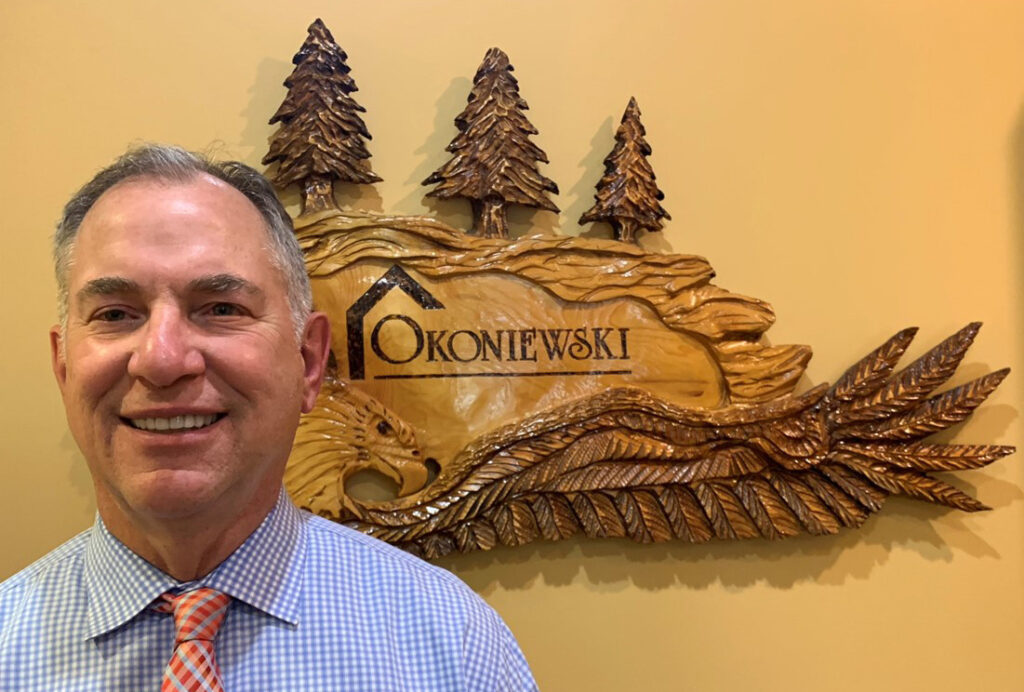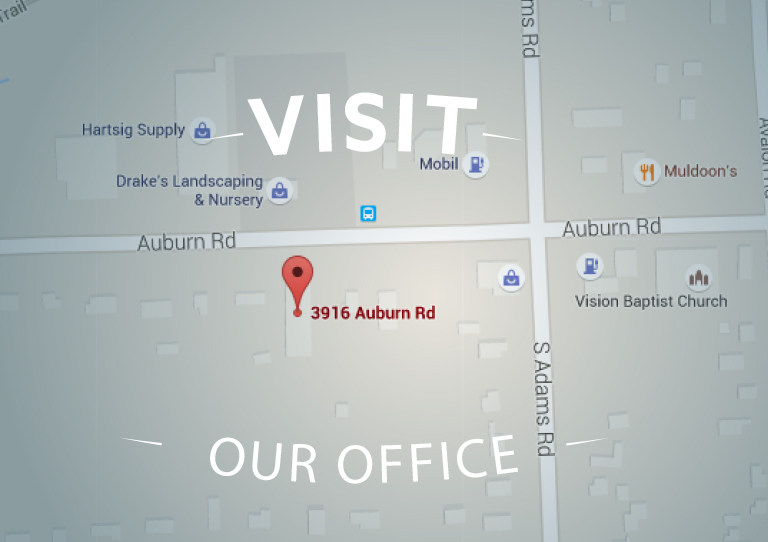 Have you been having a hard time enjoying meals lately, all because of a sudden sense of heightened tooth sensitivity? Perhaps you have even found yourself avoiding your favorite foods or beverages, because of the discomfort they now cause you. If so, it’s time to stop making changes to your lifestyle, and excuses, and to schedule a visit with your restorative dentist. Sensitivity and discomfort are often warning signs of oral health problems, such as cavities or even tooth infections. Restorative dentistry could likely be necessary.
Have you been having a hard time enjoying meals lately, all because of a sudden sense of heightened tooth sensitivity? Perhaps you have even found yourself avoiding your favorite foods or beverages, because of the discomfort they now cause you. If so, it’s time to stop making changes to your lifestyle, and excuses, and to schedule a visit with your restorative dentist. Sensitivity and discomfort are often warning signs of oral health problems, such as cavities or even tooth infections. Restorative dentistry could likely be necessary.
Don’t Ignore Symptoms of Dental Problems
While many people feel tempted to ignore symptoms of potential dental problems, this is unfortunate. That’s because the teeth are strong, but not able to repair themselves. So, the longer an issue goes undiagnosed and therefore unaddressed, the more likely it is to lead to moderate to severe dental pain, as well as the need for more extensive restorative treatment.
When caught early, a cavity can usually be addressed with a simple, seamless dental filling. Left to progress, however, it can cause painful infections that could require root canal treatment or even an extraction. The sooner you see the dentist, when you suspect your smile could be in trouble, the less likely these extensive measures will be necessary to restore your comfort and overall oral health.
Remember, the Gums Need Preventive Care Too
Of course, it’s also important to keep in mind that the teeth aren’t the only part of the smile that could be in trouble, and therefore in need of dental treatment. The gums also need regular care to keep them in great shape, and free from the kind of tartar buildup that can lead to gingivitis, the first stage of gum disease.
Need Restorative Dentistry?
Restorative dentistry can help to restore the smile’s health after problems like cavities. You can schedule your restorative visit, today, with Dr. Okoniewski at Advanced Dental Concepts in Auburn Hills, MI, by calling (248) 852-1820.



